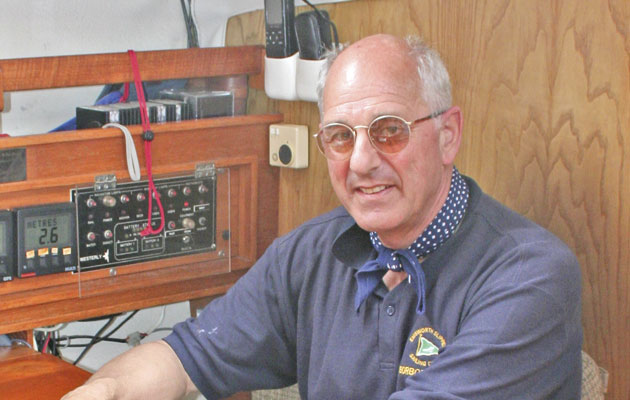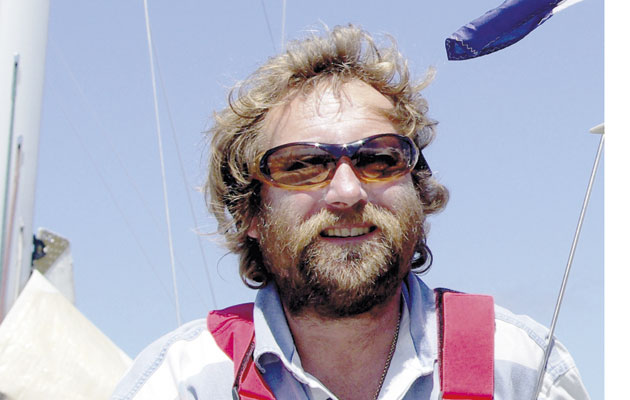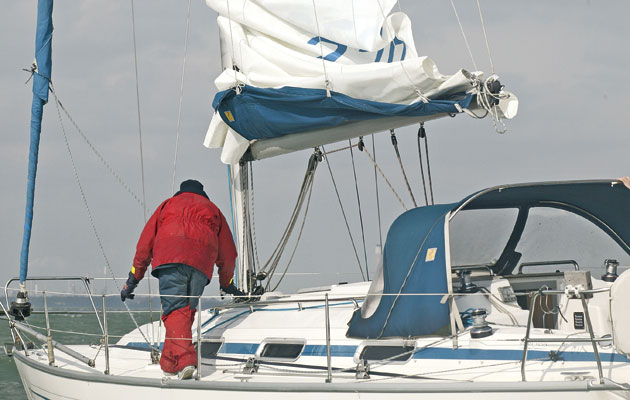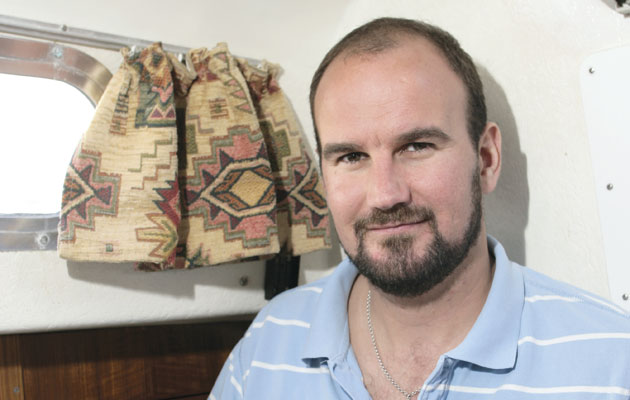The RYA Yachtmaster is a good test of advanced seamanship, but the best sailors know that there will always be lessons to be learned from experience
Yachtmaster Plus – Lessons learned from experience Part 3
MOORING
Versatility of midships mooring
Julian Mandiwall
Yachtmaster instructor Julian Mandiwall is a former director of RYA Sailability
Single point midships mooring is versatile and useful, yet it gets little mention and is rarely talked about or shown. The dynamics are also a good teaching tool for explaining how you can manoeuvre using propwash.
HEAVY WEATHER
Make reefs easy to put in
Chris Tibbs
Sailing weather forecaster Chris Tibbs owns a J/105 and won the Azores and Back Race 2011
I like a third reef and lines permanently reeved so it is easier to reef. A properly reefed and flat mainsail is preferable to trying to set up a trysail. In heavy weather it is usually waves rather than wind that cause damage and injury. Older style yachts heave-to well, and if the wind and waves increase, lying a’hull (all sails taken down) is a good idea. But lightweight modern boats need some speed to avoid breaking waves.
CREW MANAGEMENT
Log entries every hour
Tristan Gooley
Tristan Gooley is the only living person to have flown solo and sailed solo across the Atlantic
An excellent tip for ocean cruising is to do a log entry on the hour, every hour, and ask everyone to contribute observations every time. It doesn’t matter hugely what it is, it could be the changing clouds, the state of the swell, the birds. It may feel like a chore to start with, but this discipline has a couple of excellent consequences. Watchkeepers get into the habit of properly looking all around at least once an hour and it is amazing how many times this habit reveals a ship on the horizon, which would otherwise have gone unnoticed until much later. Sometimes it leads to the spotting of something even more fun, like a school of dolphins. The other consequence is that the log book becomes an infinitely better record of the voyage – a real reflection of the time at sea, rather than an apathetic collection of data.
Bacon sandwiches
Paul Boissier
RNLI chief executive Paul Boissier sails Snow Goose, an Island Packet 380, from Gosport
Nothing in my experience lifts a boat crew more in the morning than the smell of bacon cooking. A bacon sandwich is an excellent breakfast and an infallible way of getting your crew out of bed!
Recovery position
Tim Bartlett
Tim Bartlett is a widely respected author of practical and technical sailing guides
The ‘recovery position’ is mainly used to stop unconscious patients choking. But you don’t have to be unconscious to use it. It’s very stable, so you’re won’t roll out of bed at sea, and it has the extra benefit that you are less likely to annoy the rest of your crew by snoring.
Remember everyone else
Brian Black
Brian Black has cruised several yachts into Arctic waters from his home port in Ulster
One of the golden rules is to listen to what your crew have to say – and then apply their wisdom if it makes good sense. And never forget your loved ones at home. They will be concerned about your safety and you should give them peace of mind whenever possible. So, always keep them updated on your progress.
COMFORT
Don’t be afraid to heave-to
Brian Black

Everything quietens down when you heave-to. It gives you a chance to prepare properly for what might lie ahead
I like to reef early even if it means shaking it out again should the worst not happen. Your crew will thank you for it over time. Never be afraid to heave-to. It gives you a chance to cook something warm and nutritious, go to the heads, and prepare for what might lie ahead. It’s also important to get everyone to stow their stuff, get something hot into a thermal flask and, if someone is prone to seasickness, make sure they stay warm and safe below and out of the way if possible. They may feel like death but they probably won’t die, whereas if they’re on deck anything can happen. The guys on deck have plenty to do without the additional problem of someone who’s incapacitated. And keep everything on deck bowsed down tight – the last thing you need is a hero risking their life by trying to retrieve a boathook in a gale!













